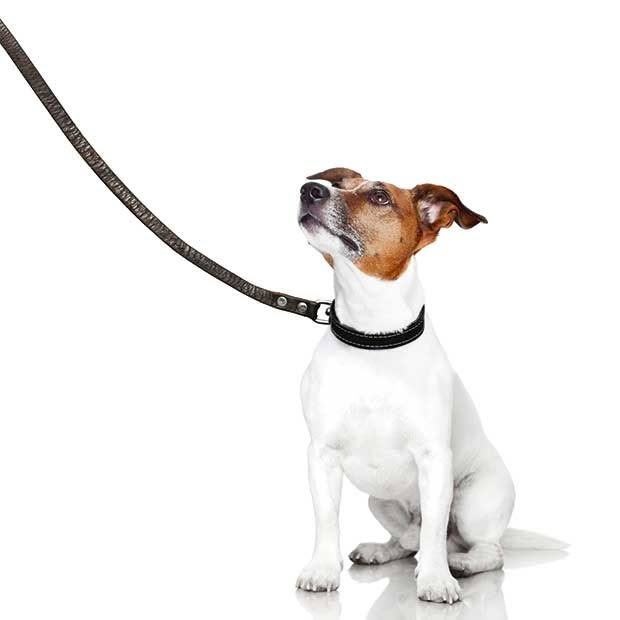12 tips for buying an ethically sourced puppy

How to avoid supporting a puppy farm.
Words: Nadene Hall
The NZ Veterinary Association has issued advice on how people can avoid buying dogs from puppy farms, sometimes sold in pet stores and online.
The practice involves large numbers of puppies bred in sub-standard facilities. They may have significant and ongoing health problems, including behavioural issues, that aren’t immediately obvious to prospective owners.
“By choosing not to buy these animals the public can help to reduce market demand, which we hope will mean fewer puppies are bred in this way,” says NZVA Chief Veterinary Officer, Dr Helen Beattie.
1. Adopt, don’t buy
Consider adopting a rescue dog from a pound or charity, and save a life.
2. Visit the breeder
Visit and check the environment where the puppy is raised. It should be comfortable and clean. The puppy should be able to mix with people and other animals.
3. Meet the parents
Request the health history of the puppy’s parents and ask to meet them. Be wary if the parents have needed surgery to enable them to breathe comfortably, correct eyelid issues, or walk normally. Avoid buying puppies produced from mating closely related dogs. Consider temperament and avoid those that are aggressive or overly nervous.
4. Don’t support breeders who produce puppies with severely exaggerated features
Choose a breeder who is actively breeding away from extreme features, such as a flat face, large eyes, excessive skin, short legs, or long ears.
5. Support breeders who screen the parents for inherited diseases
Discuss the test results with your veterinarian before you buy the puppy.
6. Check how many litters the mother has produced
Three litters from one mother allow breeders to produce a suitable daughter to continue the breed line. If a breeder has bred more than three litters from one female dog, it should raise concerns.

7. Check the mother’s age when mated
Breeding female dogs should ideally be 1-6 years of age when they are mated.
8. Check if a caesarean section was required
Don’t support breeders who subject their bitches to multiple caesarean sections. Up to two are acceptable.
9. Ensure that the puppy’s health has been well managed
The puppies should be in good body condition, on a regular parasite control programme, had a vet check, and received any required vaccinations.
10. Check the puppy is over 8 weeks old
Puppies must be weaned, fully self-sufficient, and at least eight weeks old. Ten weeks is preferred for smaller breeds.

11. Ensure that the puppy’s behavioural needs have been met
Puppies should have been able to mix with people and other animals from three weeks of age.
12. Select a breeder who will provide support and follow-up care
A responsible breeder will be knowledgeable about the breed and the care of new puppies. They will be keen to provide follow-up support.

Love this story? Subscribe now!
 This article first appeared in NZ Lifestyle Block Magazine.
This article first appeared in NZ Lifestyle Block Magazine.
